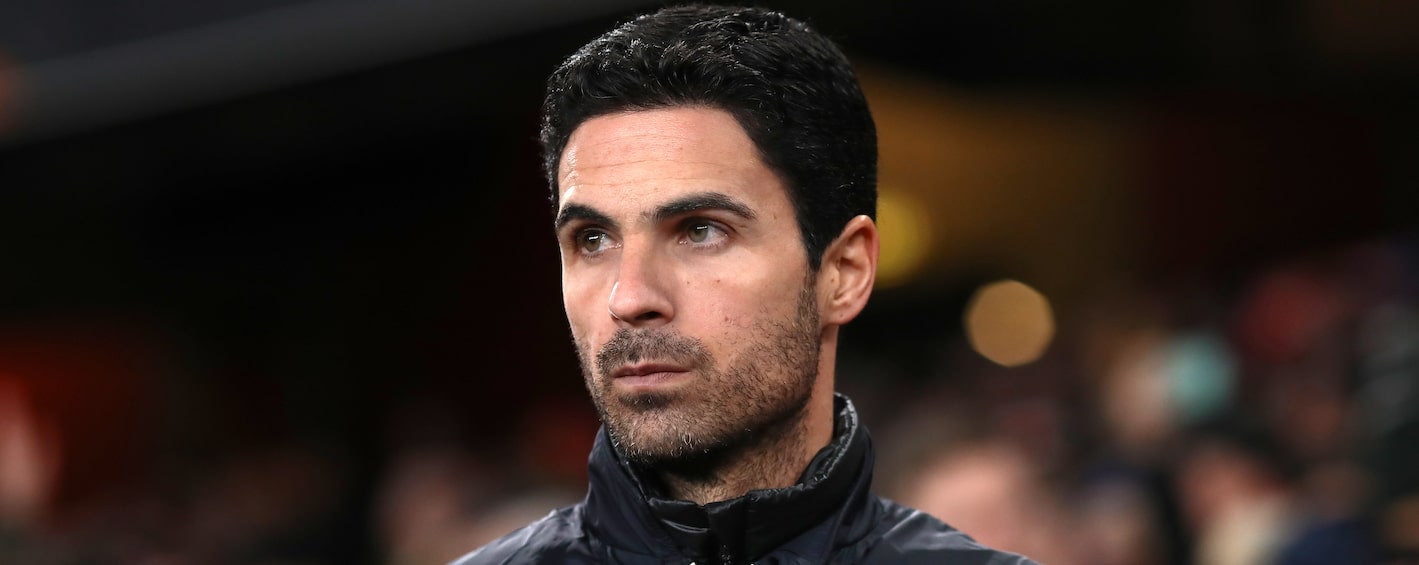In recent news Aubameyang has been stripped of his Arsenal captaincy after an apparent fall out it with the boss, Mikel Arteta. This now begs the question, who will be the next Arsenal captain and the 11th in just over 14 years? The captaincy at Arsenal appears to be a curse and one which no one really desires.
So, what should Arteta look for in a captain? What traits do captains need to possess and can the right person steady the ship?

Responsibilities of a captain
A captain’s main responsibility is to represent the team on the pitch. They must motivate and lead the players in following what the coach wishes. Becoming the role model and the embodiment of what the team represents.
In addition to this, they must organise and communicate well with the players, resolving conflicts and welcoming new teammates, whilst also being the link between the coach, team, and the referee.
Attributes of a captain
Captains will be natural leaders. As mentioned in previous blogs, personality profiling can help coaches understand who a natural leader is. Individuals with strong personalities, that are vocal and want to push their teammates in positive ways. They want to share their thoughts and influence the team.
It is a useful starting point to identify who these players in the dressing room are and will narrow down the selection pool.
Regular starter
To be able to carry out these responsibilities, the captain must firstly be a regular starter. There is little influence a player can have if they spend a lot of time on the bench. They will be unable to communicate and motivate their teammates when they are not regularly involved in the action.
It is worth noting that if they are a role model for the rest of the team then it is likely they will consistently be one of the highest performers in the side, and therefore unlikely to start on the bench often.
Experience
Experience is key. Captains are usually one of the more senior players because they have more game experience than their teammates and carry a reputation of being robust.
Captains need to be able to lead their team through unusual moments and difficult times, of which an understanding of how to get through to the other side is vital. The most experienced players will be better equipped to do so as they are likely to have faced situations similar to these many times.
Positivity
Captains will have a positive influence on the dressing room. There is often a perception that captains are aggressive and forceful leaders, such as Roy Keane and Patrick Viera of the past, but they should have a positive influence on the dressing room. They need to be able to motivate players, advise the younger or newer teammates and keep the dressing room happy.
Captains are a role model of professionalism, and this requires a positive attitude towards the game and how to carry yourself.
Nothing will destroy a team more than negativity and pessimism.
Communication
Linked to positivity is the need to be an excellent communicator, creating and sustaining good relationships around the club.
Not only should they be a well-liked member of the dressing room but one that has a good relationship with the coach. They need to be able to lead the team in carrying out what the coach desires and therefore must be on the same page. There needs to be mutual trust between the captain and their coach that they are doing what is best for the team.
This ability to create good relationships can be extended to others around the club and to referees, who need to trust that a captain can control their players.
Expectations
When making a player the new club captain it is important that the coach is clear in what they expect from them. A coach must outline the captain’s responsibilities and why they see this player as perfect for the role. Building this clear communication and relationship is vital for a long and sustainable captaincy. Although soccer is a team game, captains are important cogs when leading the team to success.

Like Arteta, all coaches will be looking towards criteria such as this to pick their leader on the pitch. Whether it be Lacazette, White or Saka, Arsenal fans will be hoping that their next captain is far more successful than their previous few.


Improve Your GameJust 1.99 p/m
Exclusive drills and sessions, get involved today!
- 100’s of Drills
- Coach to Camera Videos
- Sessions from Pro’s
- Industry Leading Advice


Cupello
Rethinking soccer coaching via our industry leading tools. Built to offer effective coaching development solutions for players and coaches of all levels.